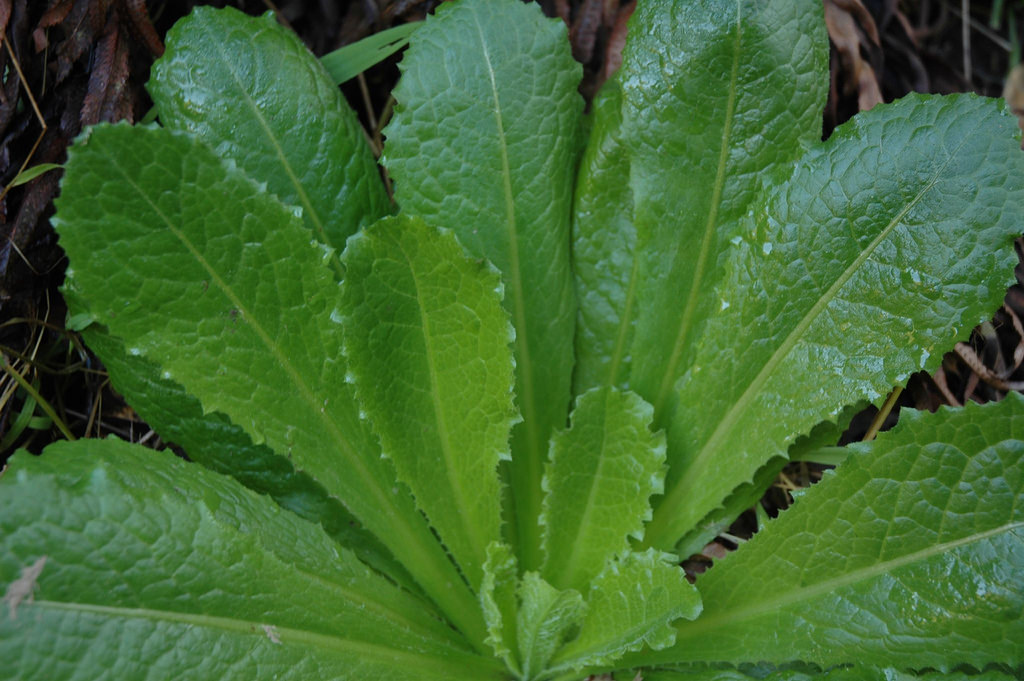10 Medicinal herbs that every prepper needs when SHTF
03/30/2019 / By Zoey Sky

Herbs aren’t just used to enhance the flavor of food. When SHTF, preppers know which medicinal herbs can be used to address different health complaints like headaches or a sore throat.
It’s easy to grow various kinds of medicinal herbs in your garden or on your patio. Even if you live in an apartment, you can grow herbs on a windowsill right in your kitchen, all without spending a fortune.
Before you use any of the plants included in the list below, consult a healthcare professional to determine if they will interact with any medication that you are currently taking.
Here are 10 medicinal herbs that preppers need in their garden. (h/t to HomesteadSurvivalSite.com)
Basil
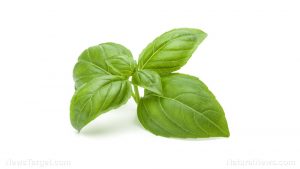
There are several varieties and sizes of basil. However, holy basil is the most popular because of its healing benefits.
Basil functions as an anti-inflammatory and anti-bacterial, and it is used to prevent illness and infection. The herb can be used as an antiseptic for scrapes and cuts. Additionally, it can relieve tension headaches since it has muscle-relaxing qualities.
Fresh basil can be used to make a medicinal tea that can address a cough, indigestion, or a sore throat. The herb is also used to relieve congestion due to colds and painful insect bites or stings.
Bergamot
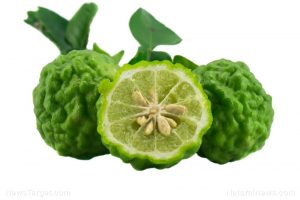
Bergamot, which is also called Oswego tea or bee balm, is an aromatic herb. Add bergamot leaves to salads if you want to make a delicious and nutritious dish.
Bergamot is used to ease digestive issues, lower a fever, and to relieve headaches. You can apply fresh bergamot leaves to your skin to heal pimples and other blemishes.
Mother Nature's micronutrient secret: Organic Broccoli Sprout Capsules now available, delivering 280mg of high-density nutrition, including the extraordinary "sulforaphane" and "glucosinolate" nutrients found only in cruciferous healing foods. Every lot laboratory tested. See availability here.
To make bergamot tea, put a handful of bergamot herb leaves and flowers into a teapot. Pour at least two cups of boiling water over the herbs, then cover the pot. Let the tea steep for five minutes. Add a little honey if you want a sweet tea, then serve while still hot.
Chamomile
Chamomile is often used for its calming properties, but the plant can also help relieve an upset stomach. Additionally, chamomile can help treat skin irritations and acne scars. Chamomile is also used to calm babies with colic.
Cloves
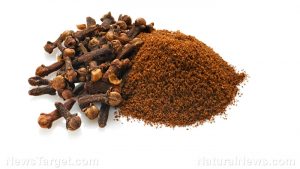
Cloves, the aromatic flower buds of the clove tree, are used as a numbing agent for tooth pain. Use clove if you have a dental emergency while you’re living off the grid. If you have a toothache, apply clove juice or clove oil to the area that hurts for immediate relief.
Cloves are used to address dental problems because of their antibacterial properties.
Additionally, cloves contain fiber, vitamins, and minerals. Fiber can help prevent constipation, vitamin C can boost your immune system, and vitamin K is an important nutrient for blood clotting. Cloves also contain manganese, an essential mineral that can support brain function and help build strong bones.
Lavender
Lavender is a fragrant flower with calming effects. The flower can be used to make a topical antiseptic for the skin. Lavender can relieve digestive problems and headaches, and it can help induce sleep. (Related: Medicinal wildflowers to harvest when hiking.)
Lemon balm
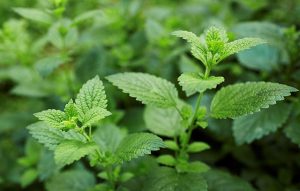
Lemon balm is easy to grow, and this versatile herb can be used to treat digestive problems, insomnia, and wounds. Lip balm made from lemon balm can soothe cold sores.
You can ease digestive problems with lemon balm tea. To make the tea, use two tablespoons of fresh lemon balm leaves or a tablespoon of dried leaves for each cup of boiling water. Let the mixture steep for an hour, then strain and add honey or lemon before drinking the tea.
Oregano
Oregano, often used in Italian cooking, is an aromatic and flavorful herb with many healing properties. The herb can help treat digestive issues, headaches, menstrual cramps, muscle pain, nausea, and toothaches.
Oregano oil can be used to treat insect bites and burns. Finally, inhaling the scent of oregano and oregano oil can help open up nasal passages.
Peppermint
Inhaling the scent of peppermint, sometimes called “the world’s oldest medicine,” can help relieve nausea and vomiting symptoms associated with motion sickness. Peppermint can also promote oral health and prevent bad breath.
Thyme
Thyme is a popular herb used in French cooking and can help ease cold symptoms like congestion, coughing, and indigestion. The herb can also be used to make a poultice that can reduce throat pain. It also supports the heart and circulatory system.
Wooly lamb’s ear
Wooly lamb’s ear is called “Nature’s Band-aid” because the herb’s soft leaves can be applied directly on minor cuts and scrapes to slow down or stop the bleeding. The herb’s leaves also have antibacterial properties that can help prevent infections.
Wooly lamb’s ear can also be used to reduce the pain and swelling caused by bug bites and rashes. If you have an upset stomach or diarrhea, drinking wooly lamb’s ear tea can make you feel better.
Plant these useful herbs in your garden so you always have access to medicinal herbs when SHTF.
Sources include:
Tagged Under: basil, Bergamot, botanicals, chamomile, Cloves, emergency medicine, herbal medicine, Herbs, home remedies, homesteading, Lavender, Lemon Balm, medicinal herbs, natural antibiotics, natural cures, natural medicine, natural remedies, off grid, oregano, peppermint, preparedness, prevention, remedies, SHTF, survival, survival gear, survival medicine, Survival Tips, thyme, wilderness survival, wooly lamb's ear


